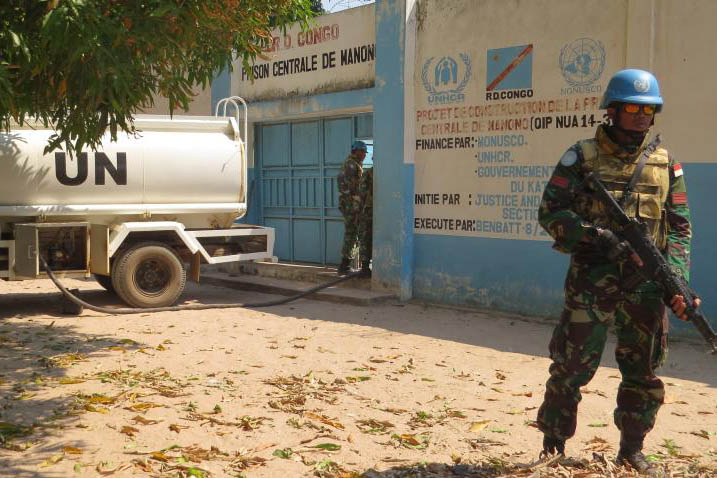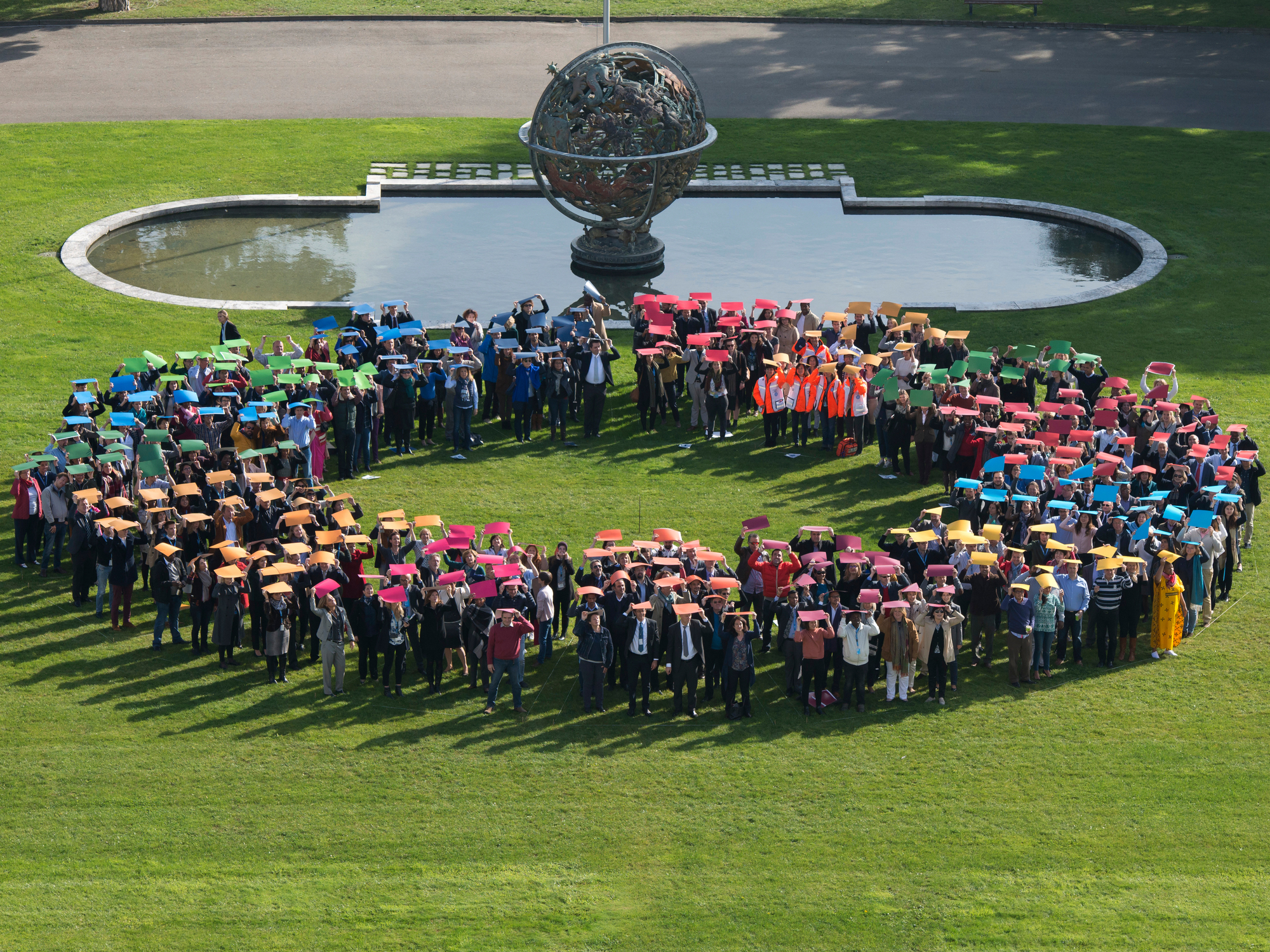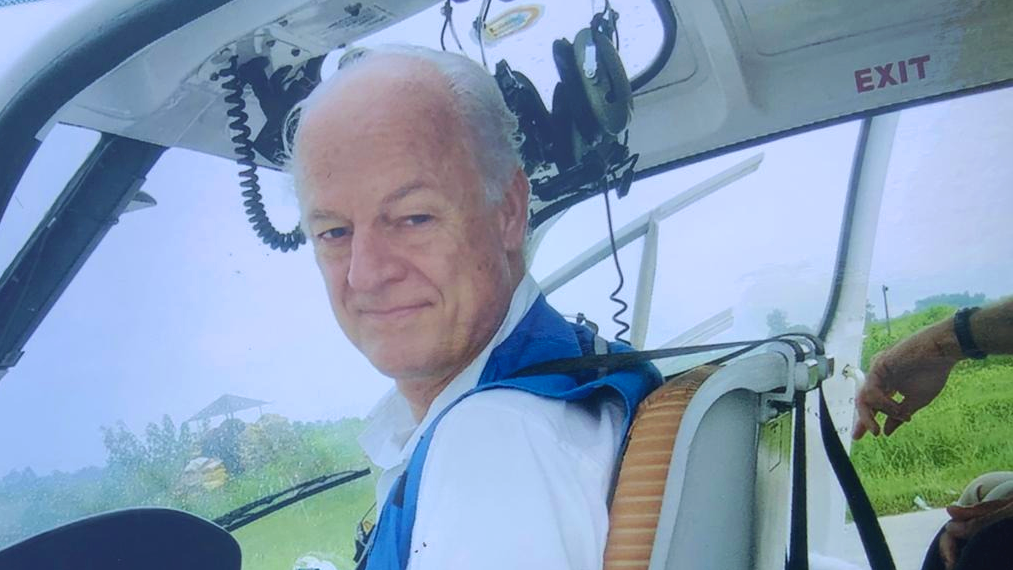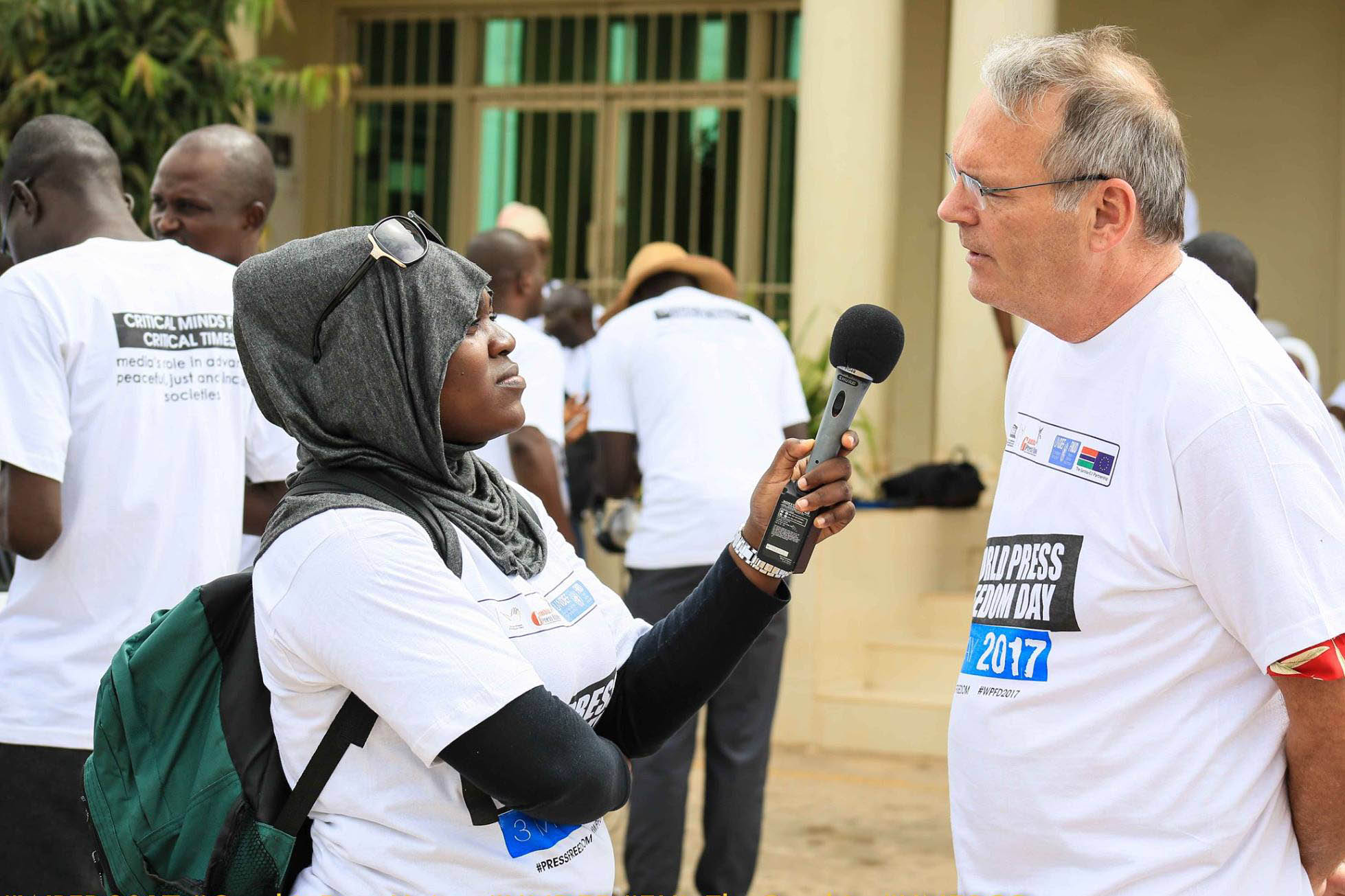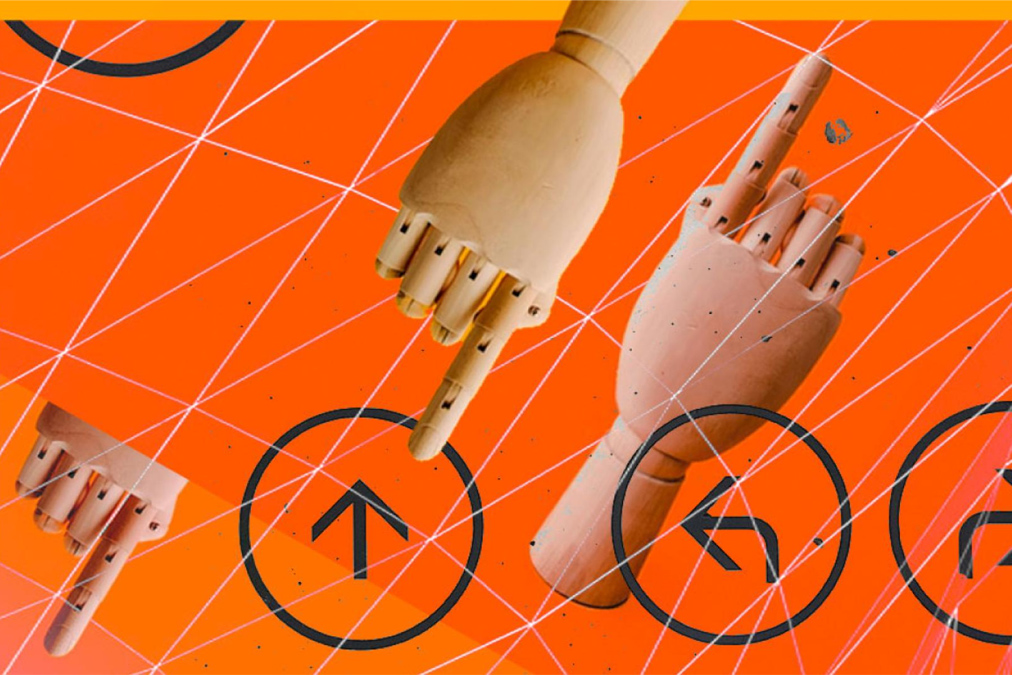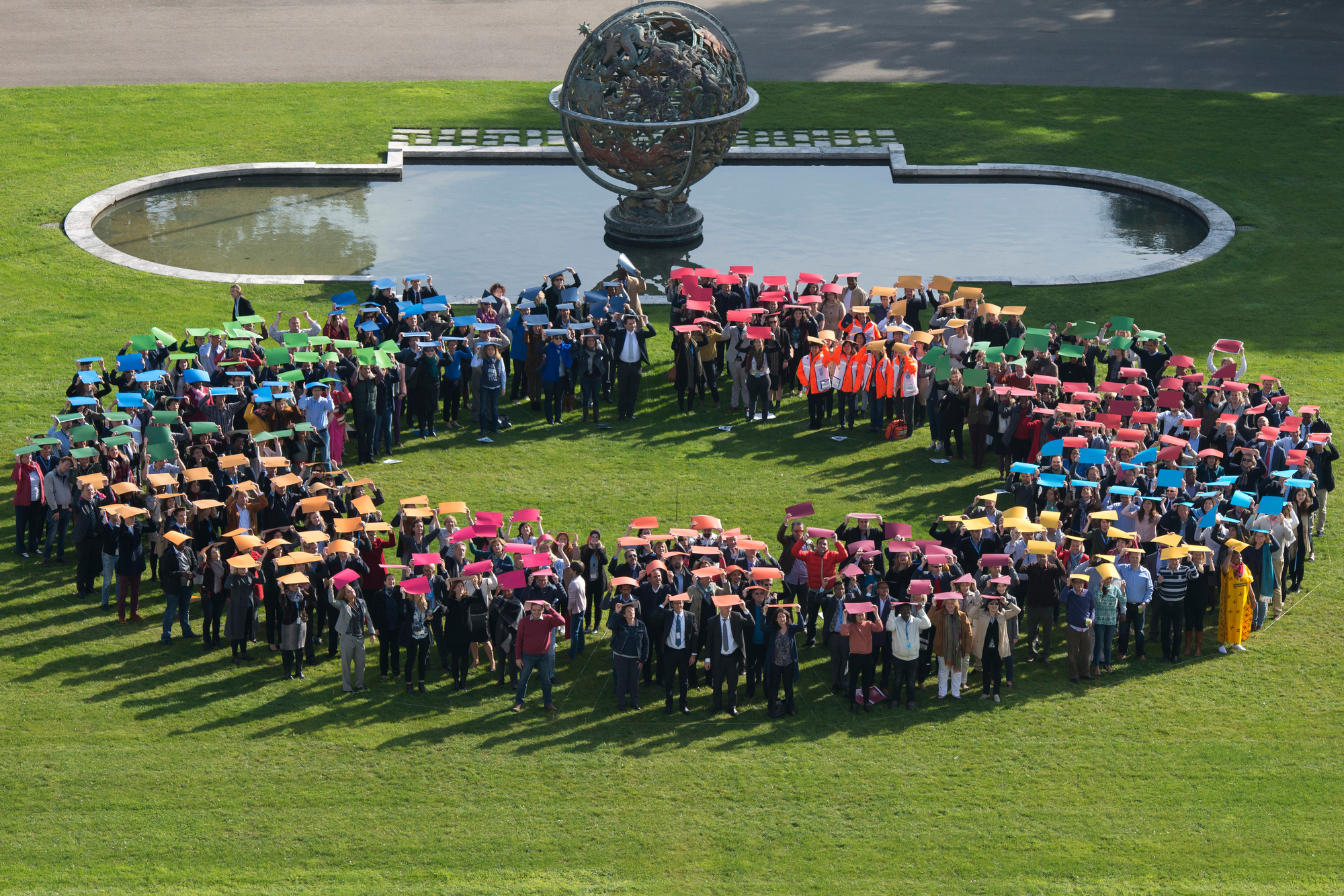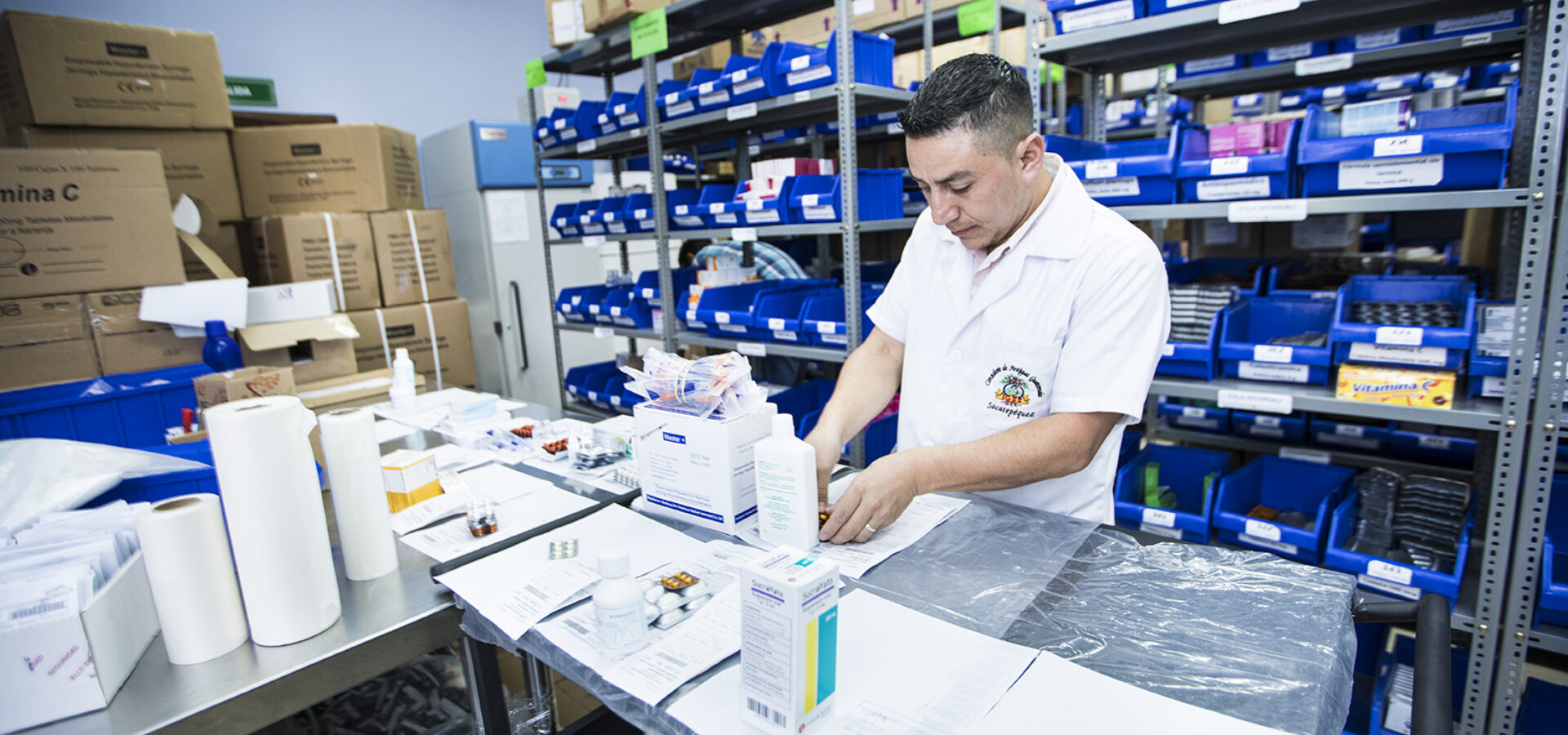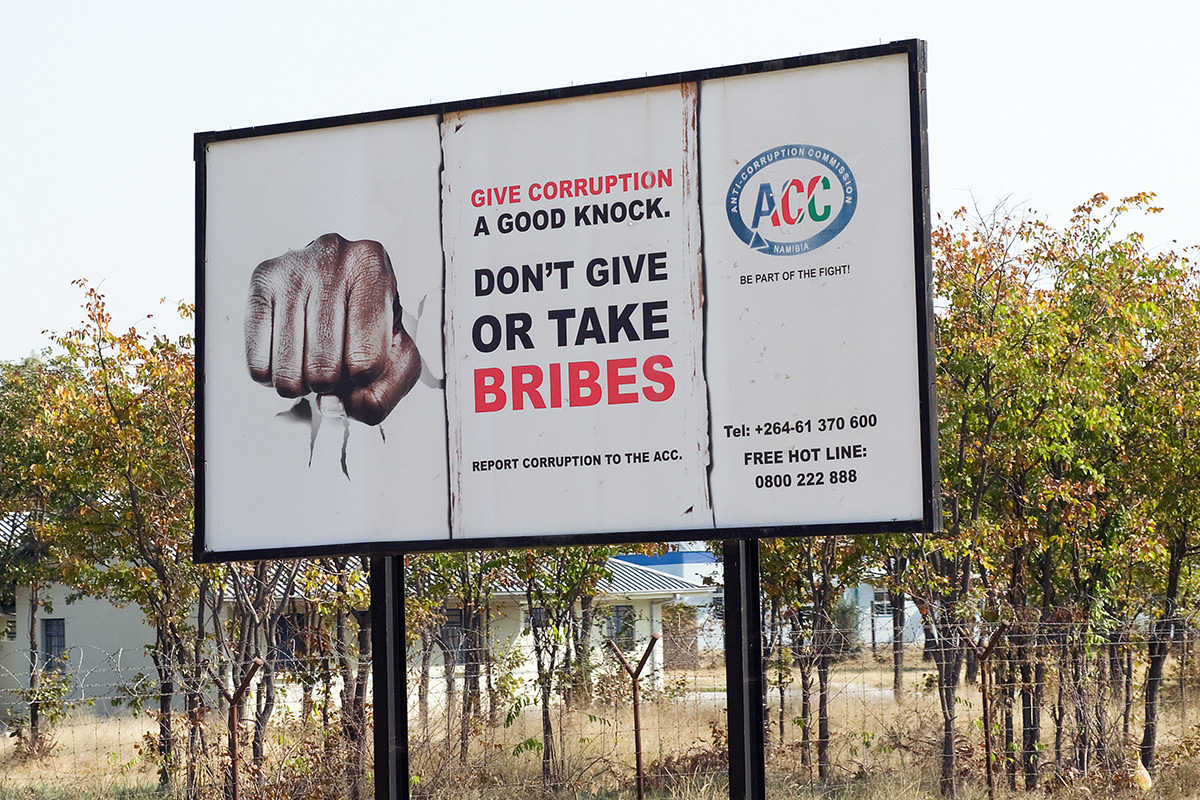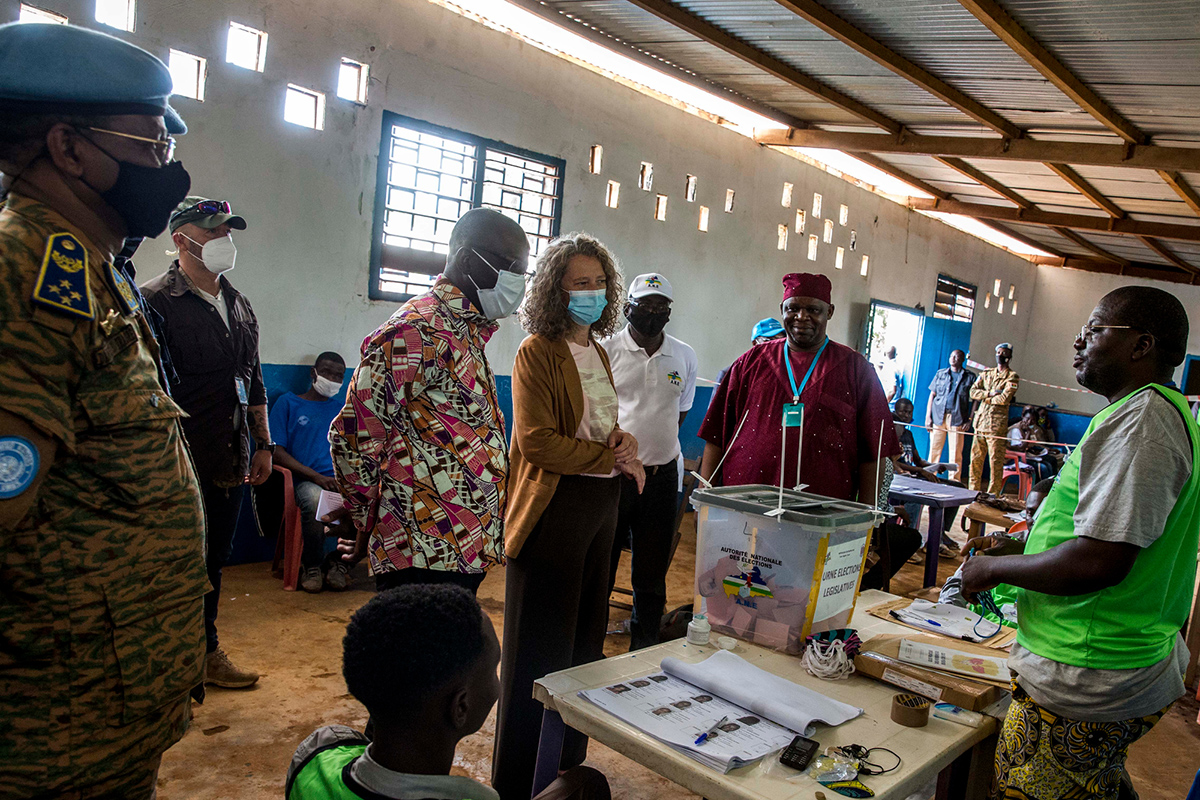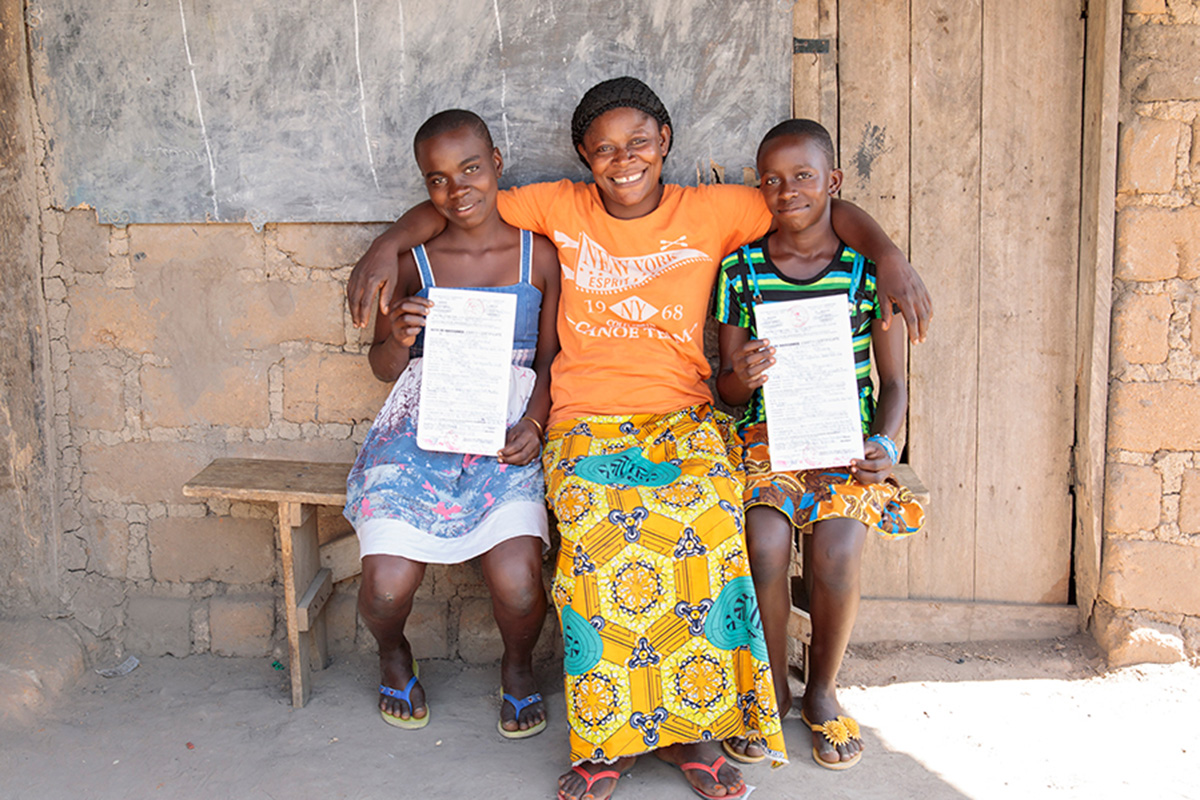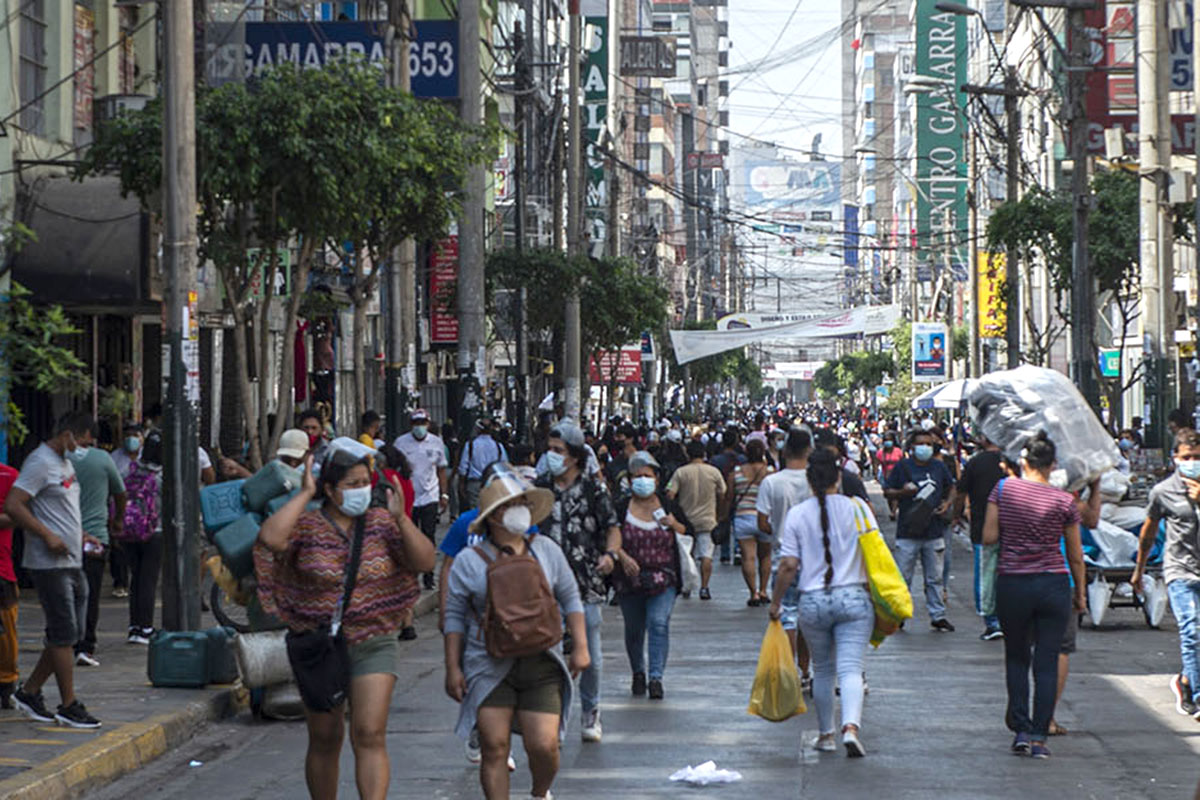“I think it’s a false premise that human rights are dead. To some extent, I think its being promulgated by naysayers and people who have given up on the framework,” said Eleanor Kennedy, senior policy expert from the Open Society Foundation (OSF) in this episode of Voices of Dignity: Pathways to Justice by UN Human Rights.
Last year, OSF put out “Can Democracy Deliver?” a first of its kind look at attitudes and opinions toward all aspects of democracy and human rights. Kennedy said the report brought up many surprising and challenging attitudes regarding human rights and its mechanisms, including if current human rights frameworks actually were delivering on their promises.
But one idea that came through loud and clear in the report, Kennedy stressed, was that the rumours of the demise of human rights has been greatly exaggerated.


